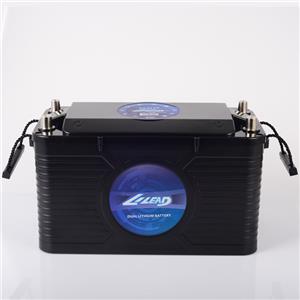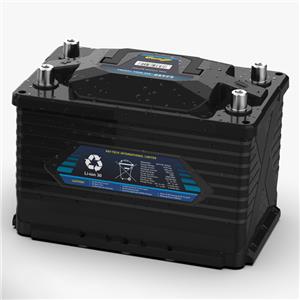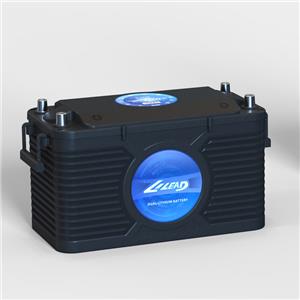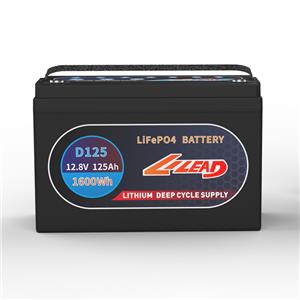Navigating Efficiency: How Lithium-ion Batteries Optimize Energy Usage in Sailboats
Efficiency is paramount in the world of sailing, where every watt of energy counts towards achieving optimal performance and range. With the introduction of lithium-ion batteries, sailboats are experiencing a paradigm shift towards more efficient energy usage and management. In this article, we delve into how lithium-ion batteries optimize energy usage in sailboats, enhancing their efficiency and sustainability on the open waters.
1. Energy Storage and Management:
Lithium-ion batteries serve as the heart of onboard energy storage and management systems in sailboats. Their high energy density and rapid charging capabilities enable sailboats to store surplus energy generated from renewable sources such as solar panels and wind turbines, ensuring a reliable power supply when needed.
2. Load Balancing and Distribution:
Sailboats often have multiple electrical systems and devices onboard, each with varying power requirements. Lithium-ion batteries facilitate load balancing and distribution, allocating energy to different systems based on priority and demand. This ensures efficient utilization of available energy resources and minimizes the risk of power shortages or outages.
3. Regenerative Charging:
Lithium-ion batteries support regenerative charging, a process where kinetic energy generated during sailing maneuvers, such as tacking or jibing, is captured and converted into electrical energy to recharge the batteries. This innovative feature maximizes energy efficiency and extends the range of sailboats without the need for external power sources.
4. Hybrid Energy Systems Integration:
Many modern sailboats feature hybrid energy systems that combine lithium-ion batteries with other power sources such as diesel generators or fuel cells. These hybrid systems intelligently manage energy usage, leveraging the strengths of each power source to optimize efficiency and minimize environmental impact.
5. Intelligent Energy Monitoring and Control:
Advanced energy monitoring and control systems enable sailboat owners to monitor energy consumption in real-time and adjust settings to optimize efficiency. By identifying energy-intensive processes or devices, sailors can make informed decisions to conserve energy and prolong battery life during extended voyages.
6. Propulsion Optimization:
Electric propulsion systems powered by lithium-ion batteries offer superior efficiency compared to traditional combustion engines, allowing sailboats to achieve higher speeds with less energy consumption. By optimizing propulsion settings and leveraging the instant torque delivery of electric motors, sailors can navigate more efficiently and cover greater distances on a single charge.
7. Conclusion:
Lithium-ion batteries play a pivotal role in optimizing energy usage in sailboats, enabling efficient energy storage, load balancing, regenerative charging, hybrid energy systems integration, intelligent energy monitoring and control, and propulsion optimization. By harnessing the power of lithium-ion batteries, sailboats can achieve unprecedented levels of efficiency and sustainability on the open waters, ushering in a new era of clean and green sailing for generations to come.
As sailboats continue to embrace the benefits of lithium-ion batteries for energy optimization, the future of sailing looks brighter than ever, with efficient and sustainable energy usage leading the way towards a cleaner and greener maritime environment.




